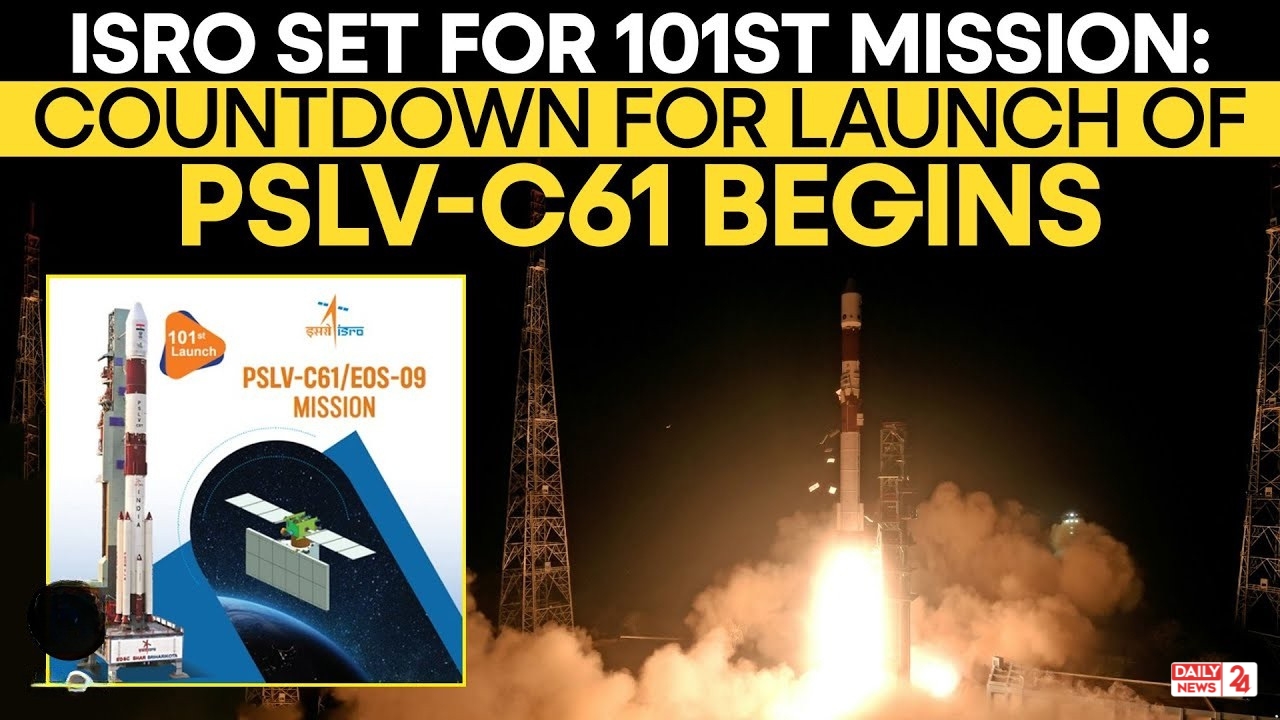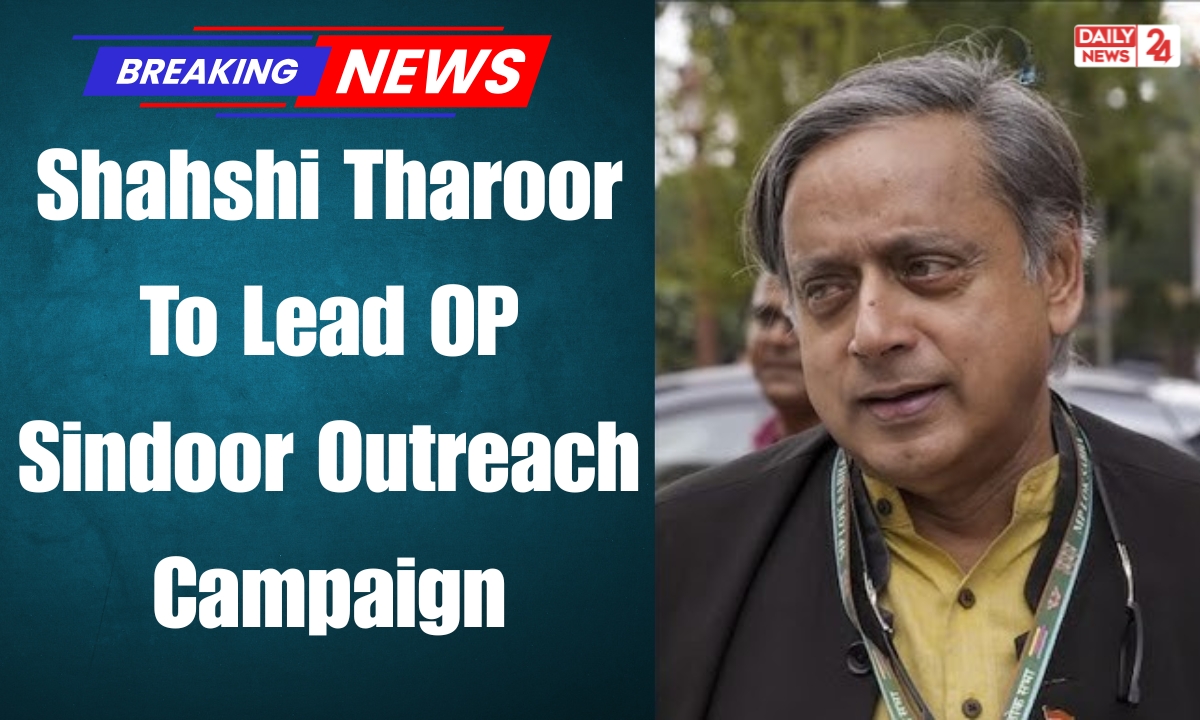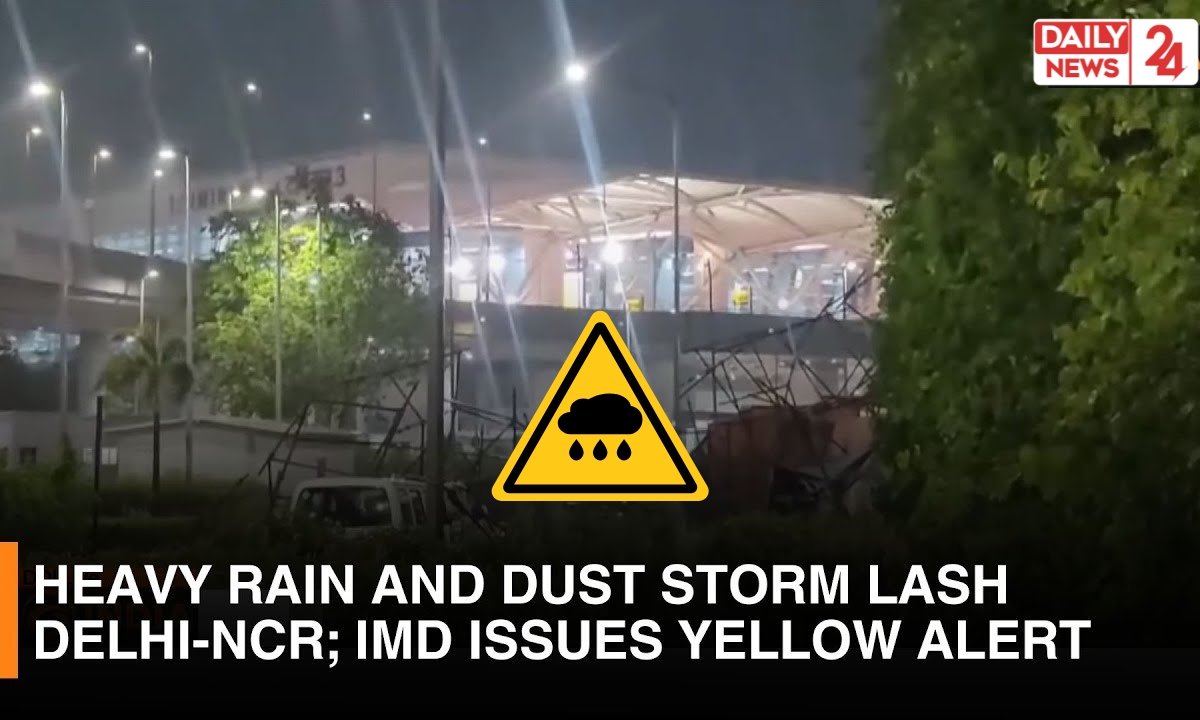India’s reliable workhorse PSLV faced a rare failure on Sunday morning. The PSLV-C61 mission, which was supposed to enhance India’s earth observation capability, was marred by an anomaly during flight, leading to the loss of the EOS-09 satellite. The launch was at 5:59 a.m. IST from Satish Dhawan Space Centre, Sriharikota, but veered off its planned trajectory soon, compelling ISRO to terminate the mission.
Engine Anomaly Cuts Mission Short
The Isro PSLV-C61 had an unforeseen problem at the stage of third-stage propulsion. Telemetry early on reported that the hydroxyl-terminated polybutadiene (HTPB) solid fuel-powered third stage did not function as planned. Around 203 seconds from lift-off, the stage underperformed, causing an upset in the rocket’s trajectory and resulting in mission end. The malfunction stopped the rocket in its tracks before it could deploy its payload into orbit.
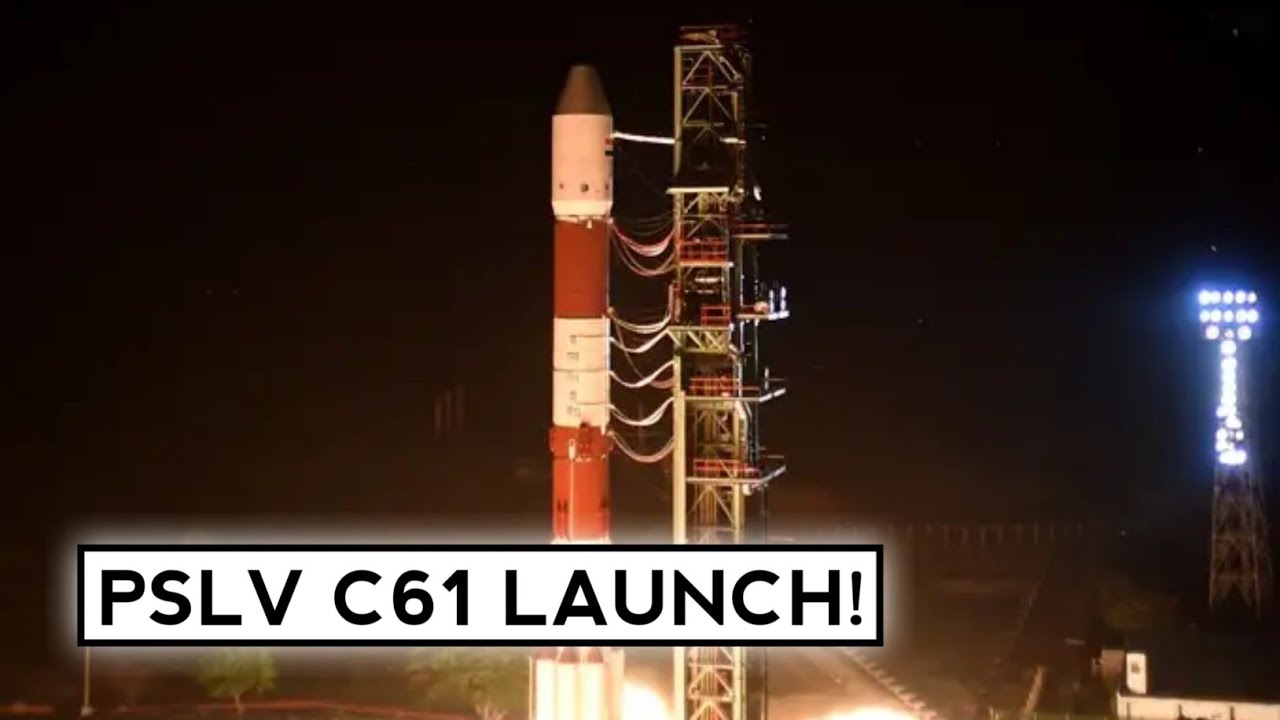
Mission Objective Lost with EOS-09
The 1,696 kg EOS-09 satellite was supposed to orbit at 524 km in a sun-synchronous polar orbit. It was also fitted with a C-band Synthetic Aperture Radar (SAR) system for all-weather imaging of Earth. This was the most critical capability by which India was trying to enhance disaster response and border monitoring. Unfortunately, because of the failure of the propulsion system, EOS-09 was not able to fulfill its mission, and the satellite as well as the upper stage of the rocket was destroyed through emergency termination procedures.
Investigations and Implications
ISRO Chief V Narayanan confirmed the failure in the live stream after the launch. A failure analysis panel is currently looking at manufacturing records and test logs for the third-stage motor. The engineers are investigating if the problem was due to structural issues, abnormal fuel flow, or nozzle faults. It is only the third complete failure of PSLV in its 63 launches and the first since 2017, ending a string of 58 consecutive successful missions.
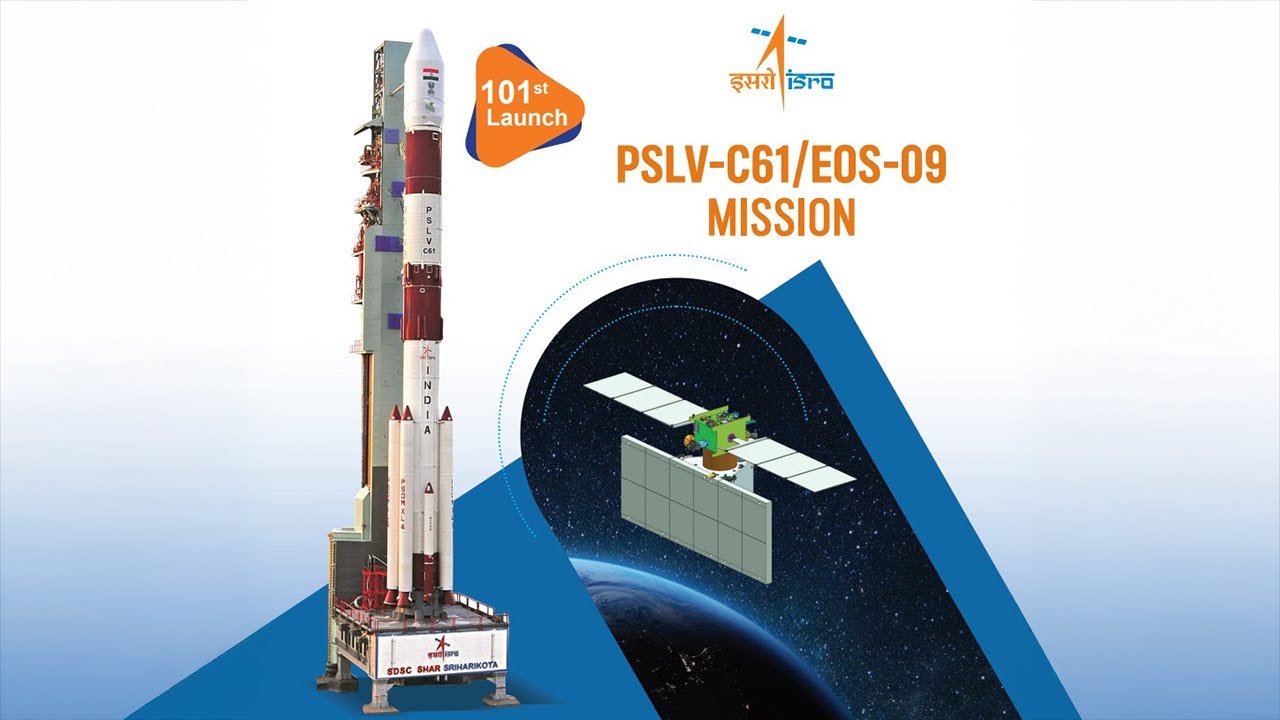
What’s In Store for ISRO
The PSLV-C61 mission was symbolically significant as the 101st launch of ISRO. The failure puts India’s grander vision of launching a 52-satellite constellation for SAR-based surveillance on hold. ISRO has still scheduled four additional PSLV missions for 2025 despite the failure. The agency’s history with responding to failures has been quick, recovering within six months in most cases. Debris from the failed launch will fall harmlessly and cause no damage.
- Covid-19 Resurgence 2025: Hong Kong and Singapore Grapple with Rising Cases
- UN Report: India on Track to Outpace Global Giants with 6.3% Growth in 2025
- Weather Update: Get Ready for the Heat Onslaught IMD Sounds Alarm for April Heatwave
Dailynews24 App :
Read the latest News of Country, Education, Entertainment, Business Updates, Religion, Cricket, Horoscope Here. Read Daily Breaking News in English and Short Video News Covers.

